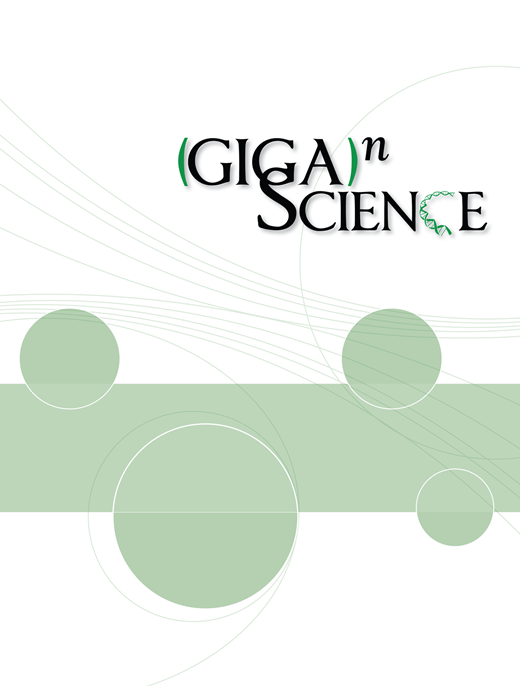Ver ítem
- xmlui.general.dspace_homeCentros Regionales y EEAsCentro Regional CórdobaEEA Marcos JuárezArtículos científicosxmlui.ArtifactBrowser.ItemViewer.trail
- Inicio
- Centros Regionales y EEAs
- Centro Regional Córdoba
- EEA Marcos Juárez
- Artículos científicos
- Ver ítem
Phenobook : an open source software for phenotypic data collection
Resumen
Background: Research projects often involve observation, registration, and data processing starting from information obtained in field experiments. In many cases, these tasks are carried out by several persons in different places, times, and ways, adding different levels of complexity and error in data collecting. Furthermore, data processing can be time consuming, and input errors may produce unwanted results.
Results: We have developed a novel, open
[ver mas...]
Background: Research projects often involve observation, registration, and data processing starting from information obtained in field experiments. In many cases, these tasks are carried out by several persons in different places, times, and ways, adding different levels of complexity and error in data collecting. Furthermore, data processing can be time consuming, and input errors may produce unwanted results.
Results: We have developed a novel, open source software called Phenobook, an easy, flexible, and intuitive tool to organize, collect, and save experimental data for further analyses. Phenobook was conceived to collect phenotypic observations in a user-friendly, cost-effective way. It consists of a web-based software for experiment design, data input and visualization, and exportation, combined with a mobile application for remote data collecting. We provide in this article a detailed description of the developed tool.
Conclusion: Phenobook is a software tool that can be easily implemented in collaborative research and development projects involving data collecting and forward analyses. Adopting Phenobook is expected to improve the involved processes by minimizing input errors, resulting in higher quality and reliability of the research outcomes
[Cerrar]

Fuente
GigaScience 6 (4) : 1–5 (April 2017)
Fecha
2017-04
ISSN
2047-217X
Formato
pdf
Tipo de documento
artículo
Palabras Claves
Derechos de acceso
Abierto
 Excepto donde se diga explicitamente, este item se publica bajo la siguiente descripción: Creative Commons Attribution-NonCommercial-ShareAlike 2.5 Unported (CC BY-NC-SA 2.5)
Excepto donde se diga explicitamente, este item se publica bajo la siguiente descripción: Creative Commons Attribution-NonCommercial-ShareAlike 2.5 Unported (CC BY-NC-SA 2.5)


